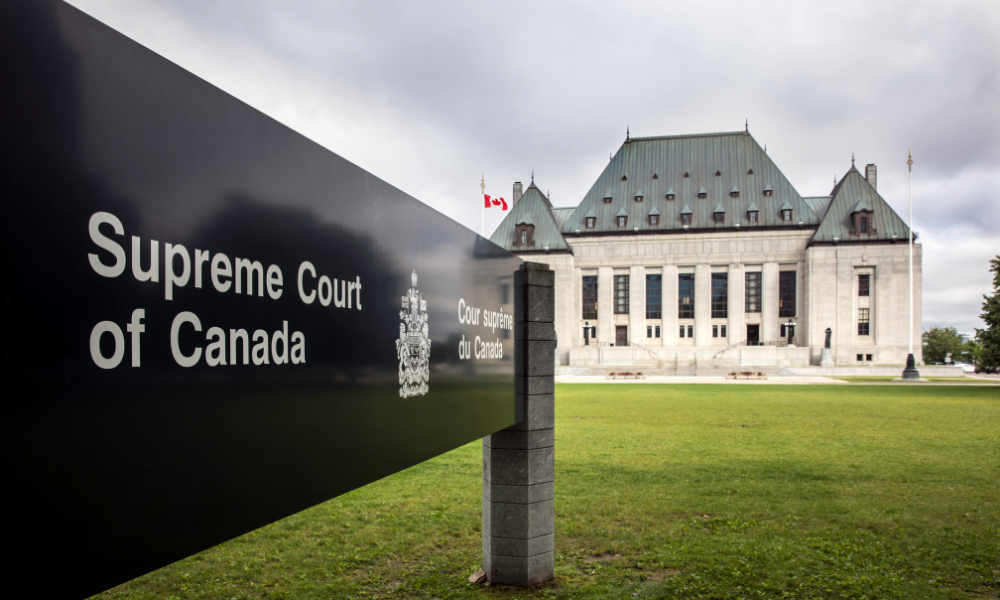First time SCC interprets rules applying when judge cannot continue but has yet to render verdict

The Supreme Court of Canada has interpreted for the first time the rules that apply when a trial judge dies or is unable to continue and the parties agree to file a transcript of testimonial evidence from the initial proceeding before the replacement judge.
In R. v. J.D., the court examined s. 669.2(3) of the Criminal Code, which states that in situations in which a case must be transferred to a new judge in a judge-alone trial, the new judge must recommence the trial as if no evidence had been taken. The Crown and accused had agreed to include in the second trial the transcript of a victim’s testimony from the first. The Quebec Court of Appeal ordered a new trial on several of the counts because the second trial judge had not performed a two-part inquiry to determine the fairness of allowing the evidence.
The SCC unanimously ruled that the Court of Appeal erred by requiring the inquiry because it was not necessary under s. 669.2(3).
The ruling will spare the complainant in the case, who had been the victim of sexual offences at the hands of her father, the psychological and emotional ordeal of testifying in front of him once again, says Crown counsel Isabelle Bouchard. The ability to file the transcript also provides a “shorter delay in the administration of justice,” she says. Bouchard is a prosecutor at the Director of Criminal and Penal Prosecutions, in Gatineau, Quebec.
The accused, J.D., had stood trial on 18 sexual offences. One of the complainants, C.D., had testified for two days before the judge fell sick and the trial was postponed.
Under s. 669.2(3), where a trial is recommenced before a new judge, who is sitting alone and where no adjudication was made or verdict rendered, the trial must move forward as if no evidence on the merits has been taken. But counsel for both Crown and defendant agreed to file a transcript of C.D.’s testimony. The court then found J.D. guilty on 9 of the 18 counts.
The Court of Appeal found that the new judge should not have accepted the testimony from the initial hearing. To file the testimony, the judge should have ensured the accused’s consent to its inclusion was “voluntary, informed and unequivocal,” and that it would not undermine the fairness of the trial, found the Court of Appeal. It ordered a new trial on the counts involving C.D. as well as another complainant, because one of the counts concerned an incident involving them both.
The Crown appealed and argued that the Court of Appeal had required a test that was not provided for by law, under s. 669.2(3).
The SCC agreed. Writing for the court, Justice Suzanne Côté said that where a judge is presiding over a jury trial, they have the option of continuing the trial or starting from scratch because the trier of facts, the jury, has not been replaced. For a judge-alone trial, on the other hand, the judge is required to start over. As both trier of facts and judge of the law, for the judge to require the parties to continue where they left off would be a breach of procedural fairness.
Section 669.2(3)’s “only function,” said Justice Côté, is to require a judge sitting alone to commence the trial again. Once it is restarted, the parties have control over how to present their evidence. And unless there is a legislative or common-law requirement of an inquiry, the judge must “presume that the professional experience and judgment of counsel have guided him or her in conducting the case in such a way as to protect the client’s fundamental interests.”
But the court also found that a judge still has the power to disallow the evidence, if they find that it will have a prejudicial impact and would undermine the trial’s fairness.










